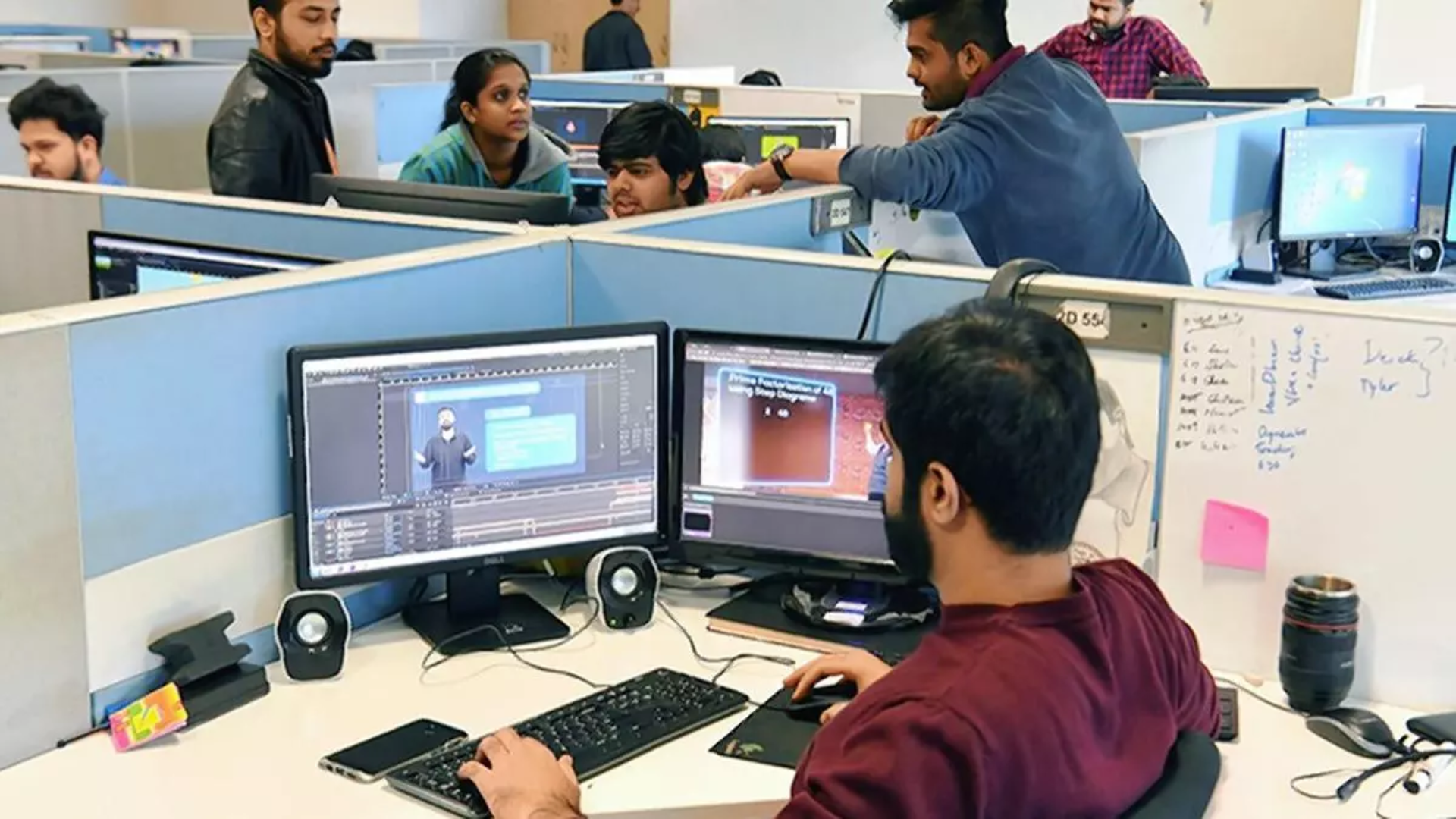Renowned Tabla virtuoso Zakir Hussain passed away at the age of 73 on Monday in a San Francisco hospital. He had been receiving treatment for the past two weeks in the United States. Hussain’s death has deeply saddened the music world, his fans, and the entire nation. Widely regarded as one of the greatest tabla players, he made extraordinary contributions to Indian classical music and enjoyed a career that spanned several decades.
Early Life and Education
Zakir Hussain was born on March 9, 1951, in Mumbai, India, as Zakir Hussain Allaraka Qureshi. He attended St. Michael’s High School in Mahim and later graduated from St. Xavier’s College in Mumbai.
Musical Legacy and Family
Hussain’s musical journey began under the guidance of his father, the legendary tabla maestro Allah Rakha Khan. He started learning the tabla at a young age, with his father being his first teacher. Hussain’s wife, Antonia Minnecola, a former Kathak dancer, was an important part of his life. The couple, married in 1978, had two daughters, Anisa and Isabella Qureshi.
Career Beginnings: At 11, Performed He Performed In US
Zakir’s extraordinary musical career took off early. At just 11 years old, he performed his first concert in the United States, marking the start of his global journey. His contributions to Indian classical music earned him several prestigious awards, including the Padma Shri in 1988, Padma Bhushan in 2002, and Padma Vibhushan in 2023.
1st Indian Musician To Perform At A White House
Throughout his career, Hussain achieved widespread recognition across the globe. In 1973, he released his debut album Living in the Material World. He also became the first Indian musician to perform at a White House concert, invited by former U.S. President Barack Obama. Some of his most notable international projects include Planet Drum (1992) and Global Drum (2009), which further cemented his status as a musical pioneer.
Passion for Music
Zakir’s love for music was evident from his childhood, as he would often mimic his father by tapping his fingers on flat surfaces, emulating the rhythm of the tabla. His exceptional passion for the instrument was matched only by his dedication to preserving and innovating the classical traditions of Indian music.
Zakir Hussain’s passing marks the end of an era in Indian classical music, but his legacy will continue to inspire generations of musicians and music lovers around the world.



















